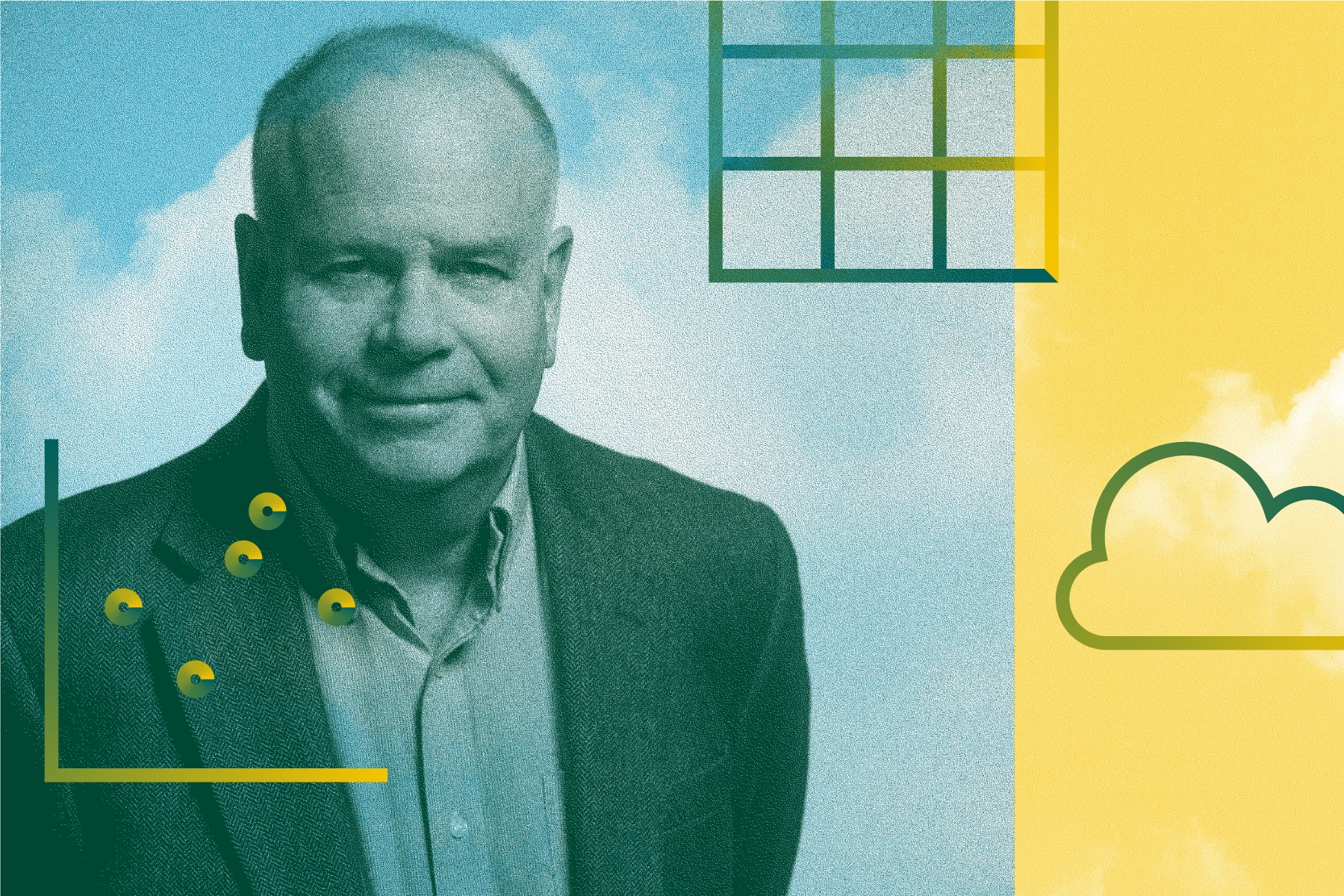The Dangerous Myth of ‘The New Normal’
The odds are against those who believe this time is different.

Another New Normal!
On March 1, 2009, Ian Davis of McKinsey & Company published a short article entitled, “The New Normal.” The phrase was preowned, dating back to at least 1918. Its meaning was also well-established. A New Normal occurs after a disaster overturns the existing conventions. After that, things will not be the same.
Davis, however, was the first to apply the term to the post-2008 economy. The global financial crisis had crushed the job and stock markets. In January 2008, the unemployment rate in the United States was 5.0%. Fifteen months later, it was 8.7% and rising. Meanwhile, the Dow Jones Industrial Average had dropped to 7,062 from 13,264. The same pattern occurred throughout the developed markets—Germany, France, Japan, and the United Kingdom. (None of which prevented voters in every country from believing that their nation’s politicians were uniquely at fault.)
Davis phrased his argument cautiously. Every futurist errs; only the foolish get caught out. However, he did provide three tangible forecasts:
- Companies that use high leverage will have lower profit margins.
- Government regulation will be “permanently” higher.
- Consumption growth in the United States will slow.
The Reality
The first prophecy was false. Today’s US corporate profit margins are fatter than during anybody’s investment lifetime. Even if companies with high leverage have fared less well than lower-debt firms—I cannot find the data to confirm or deny—their shareholders can have no complaints. The rising tide has floated all boats.
The second belief was technically correct, but inconsequential. The Dodd-Frank Act, passed in 2010, did increase federal oversight, particularly of banks. However, as evidenced by the rise in corporate profit margins, neither that bill nor the government’s other post-2008 responses have prevented companies from doing what they wish. Such is the legislative process. Politicians propose; businesses squawk mightily; and when all is said and done, things proceed as before.
The third prediction, it must be granted, was spot-on. Consumption growth in the United States has indeed slowed, significantly.
Enter Bill Gross
Davis’ article imparted strategic guidance to corporate managers. Going forward, they would need to reduce leverage (not so), accept more government interference (only modestly), and realize that increases in US consumption would cease to drive global growth (true). It did not offer investment counsel.
But Bill Gross would. In summer 2009, the then-manager of Pimco Total Return Fund PTTRX began making speeches that extended Davis’ arguments. Portfolio managers tread less carefully than consultants. Brave predictions attract public attention, and where attention goes, investment assets often follow.
To be sure, Gross was brave. In “On the ‘Course’ to a New Normal,” published on Sept. 1, 2009, Gross inked his thoughts. He adopted both McKinsey’s terminology and framework. The New Normal would be marked by deleveraging, increased government interference, and declining American influence. However, Gross openly stated the investment implications that Davis had avoided.
- Corporate US profits would stagnate. Rather than increase their earnings by borrowing funds that cost less than their return on capital, companies would fly into a headwind by reducing their debt. When combined with sluggish consumer spending, wrote Gross, “economies will grow very slowly as opposed to growing like weeds, the way children do.” Consequently, corporate profits would become “relatively static.”
- Stock market returns would be commensurately weak. Through recent history, wrote Gross, “it has paid to buy the [stock market] dips, because markets, economies, profits, and assets always rebounded and went to higher levels.” Those beliefs came naturally to children of the great bull market. After 2008, however, it was time to become a “chastened adult.” Under the New Normal, investors would need to act “conservatively and avoid critical mistakes.” How so? By recognizing the need for “stable and secure income.”
The Wrong Choice
Which fund might provide that stable and secure income? You surely can guess. In fairness, Gross did not contend that Pimco Total Return would outgain the stock market. Rather, the contest between equities and bonds would be a depressing draw, with each asset recording “seemingly inexplicably low total returns.”
Gross’ campaign was hugely influential. Of course, his arguments were scarcely the only reason why equity investors wavered. Once bitten by a powerful bear market, twice shy. But Gross’ repeated assertion that stocks were destined for mediocrity certainly played its part in depressing sales. Expecting the worst, investors redeemed their US equity funds, while flocking to Pimco Total Return.
The Sales Winner: PIMCO Total Return
The outcome of their collective decision was worse than anybody could imagine, at least as measured in relative terms. The chart below shows the growth of $10,000 since January 2012 for: 1) US equities, as represented by Morningstar US Market Index and 2) Pimco Total Return. In the previous three years, more than $100 billion had headed in the wrong way.
The Performance Winner: US Equities
Human Nature
I think that Bill Gross fully believed in his vision of the New Normal. Yes, that outlook was deeply self-serving, but so goes the investment business. Growth-stock managers perceive opportunities everywhere; any day now, value investors expect that their holdings will turn around; and bond-fund managers anticipate economic gloom. People see what they wish to see. Such is human nature.
The error Gross made—as did those who followed his advice—was in discounting the power of precedent. Revolutions are often proclaimed but only infrequently sighted. As a result, the odds are strongly against those who alter their investment practices because they are convinced that, at long last, this time will be different. The latest New Normal was not. Woe to those who believed otherwise.
The opinions expressed here are the author’s. Morningstar values diversity of thought and publishes a broad range of viewpoints.
The author or authors do not own shares in any securities mentioned in this article. Find out about Morningstar’s editorial policies.

/s3.amazonaws.com/arc-authors/morningstar/1aafbfcc-e9cb-40cc-afaa-43cada43a932.jpg)
/cloudfront-us-east-1.images.arcpublishing.com/morningstar/XF7WENSYN5BFBFLPPFH7BJYUHE.png)
/cloudfront-us-east-1.images.arcpublishing.com/morningstar/VUWQI723Q5E43P5QRTRHGLJ7TI.png)
/cloudfront-us-east-1.images.arcpublishing.com/morningstar/XLSY65MOPVF3FIKU6E2FHF4GXE.png)
:quality(80)/s3.amazonaws.com/arc-authors/morningstar/1aafbfcc-e9cb-40cc-afaa-43cada43a932.jpg)